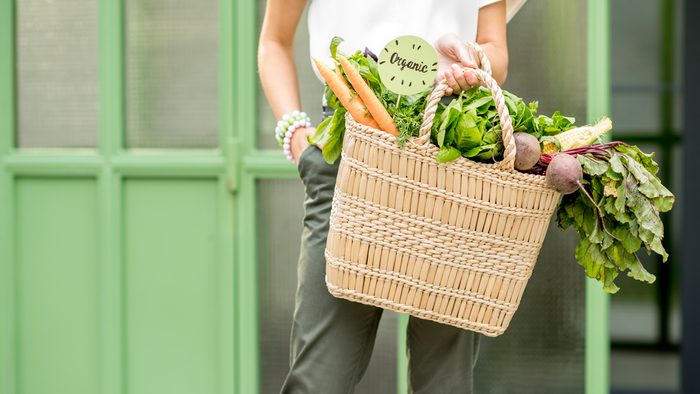
Make a food symptom journal
If you don’t yet have a handle on your trigger foods, this can help you figure out what you’re eating or drinking that’s upsetting your system. Write down everything you eat along with any symptoms you experience throughout each day. At the end of a week, you and your doctor may be able to see some helpful patterns in your symptoms. Dr. Jennifer Tanner, a naturopathic doctor with the Integrative Health Institute in Toronto, typically follows this with a month of elimination of the suspected trigger foods to see if symptoms ease up, or even disappear. It takes approximately 21 days for your intestinal cells to rejuvenate, which creates a type of clean slate on which to test the foods again, she says. “If we then reintroduce cheese, for example, and all those old symptoms come back, that creates an awareness for the patient that this is a food they’re not going to feel well with.”
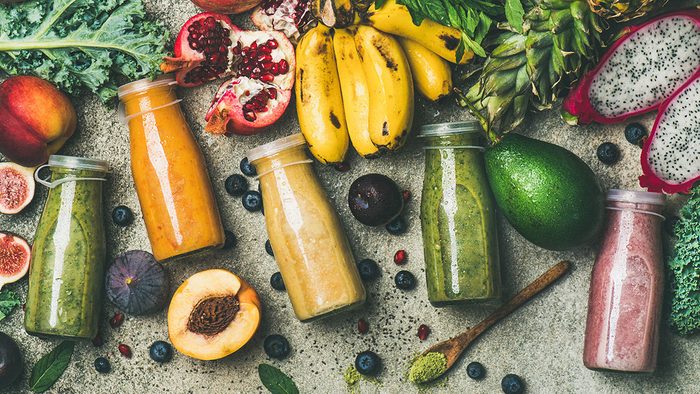
Get serious about your diet
Wheat and dairy are classic trigger foods that many people with IBS need to eliminate from their diets, or eat in strict moderation, but there are other foods that some people need to tweak or remove to get relief. Gas-producing foods like beans, lentils and cauliflower can be no-nos for people with cramping issues, for example. Raw veggies in general can also be gaseous and therefore problematic for some IBS sufferers. “You may need to cook or gently warm your foods to make them easier for you to digest,” says Dr. Tanner. “Some people with IBS also respond well to a low-FODMAPs diet,” says Dr. Geoffrey Turnbull, a gastroenterologist, GI motility expert and professor of medicine at Dalhousie University in Halifax. FODMAPs (fermentable oligo-, di- and monosaccharides and polyols) are carbohydrates found in certain grains, vegetables, fruits and dairy products that cause symptoms in IBS patients. And be sure to eat plenty of foods that are good for a healthy gut.
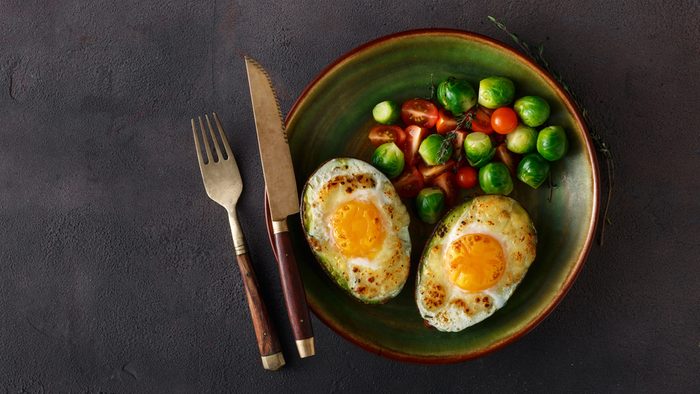
Try to think about what you eat as an adventure
It’s a chance to sample something new, not just cut out favourites. You may have compiled a long list of foods that are “don’ts,” which can feel defeating, so why not make an even longer list of IBS diet “dos?” If you’re following a low-FODMAPs plan, mangoes may be out, for example, but mandarin oranges are in! Or you may need to cut out regular cow’s milk, but your system could probably tolerate an occasional glass of lactose-free milk or coconut milk. (Coconut kefir might be the perfect breakfast food for you!)
While you’re thinking about all the great new things you’re adding to your diet, don’t forget about supplements. Since your body may not be absorbing nutrients properly, especially if you’ve had chronic diarrhea, you could be deficient in key vitamins and minerals. Talk to your practitioner about whether a multivitamin will do the trick or if you need more targeted supplements.

Take medication, if you need it
Diet and lifestyle changes aren’t always enough to relieve severe symptoms of IBS. There are drugs designed to relax the colon and slow the movement of waste through the bowel if diarrhea is an issue, or increase fluid secretion in the small intestine to assist with the passage of stool if constipation is the primary problem. Antidepressants or antianxiety medications may also be required if emotional issues are your biggest IBS trigger.

Monitor your symptoms closely
Your doctor will assess whether they might suggest something more serious or require further investigation. If, for example, you’re over 50 and experiencing IBS-like symptoms for the first time, or have experienced rapid weight loss, rectal bleeding or recurrent vomiting, you will need additional tests — which could include stool studies, a colonoscopy or CT scan, amongst others — to rule out inflammatory bowel disease (IBD). This is an umbrella term for ulcerative colitis and Crohn’s disease, two diseases that involve chronic inflammation of the digestive tract and can sometimes lead to life-threatening complications or the need for surgery.

Find time for meditation
“Learning how to manage stress is very important for anyone with IBS,” says Dr. Turnbull. Mindfulness and meditation are helpful tools, especially for people whose symptoms are clearly triggered by stress or anxiety. This 10-minute yoga routine can also help with digestion.
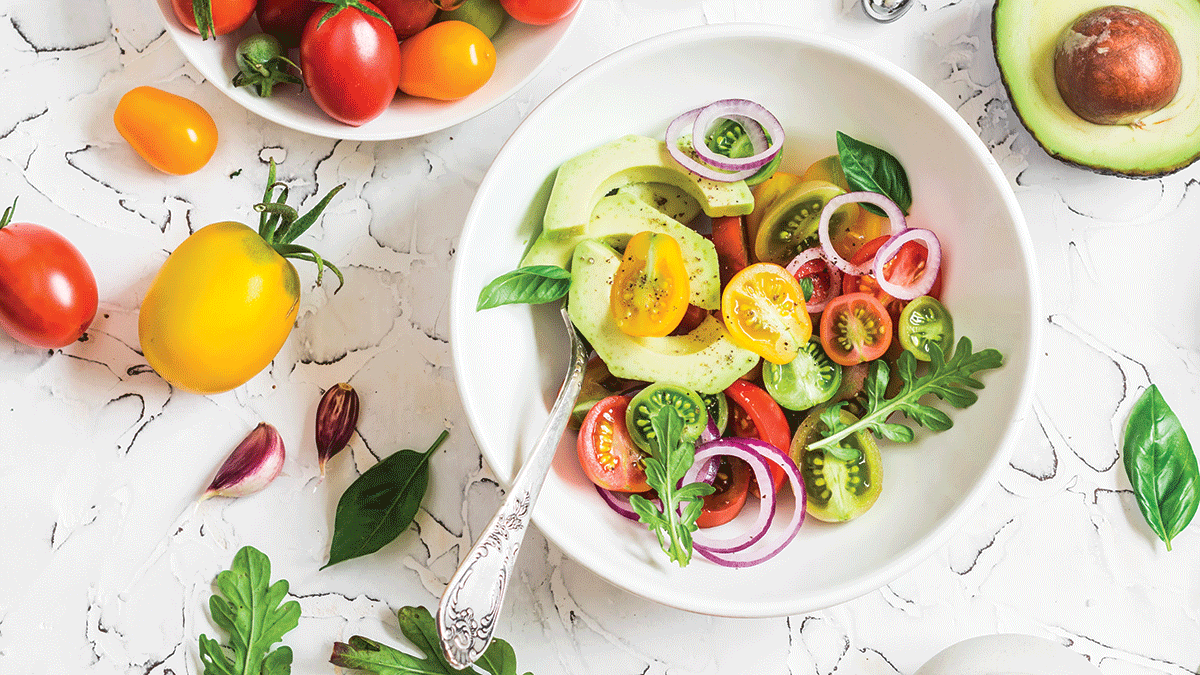
Read The IBS Elimination Diet and Cookbook
Written by Patsy Catsos, this cookbook help you build a fulfilling and nutritious diet plan to get lasting relief from your symptoms while still enjoying delicious meals with your family — and some of the treats you enjoy! Here’s more on how to build a healthy microbiome.
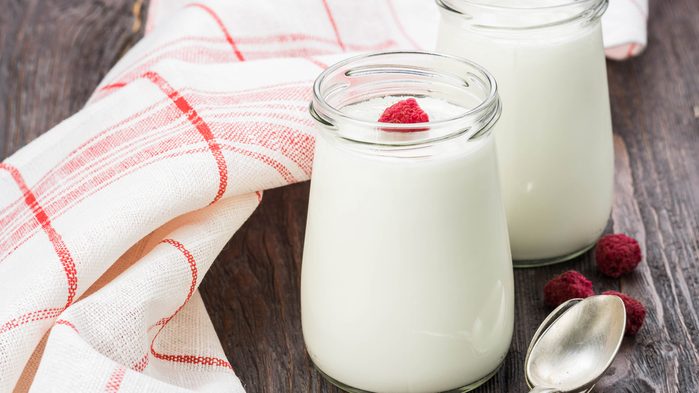
Embrace what works for you
If you know you don’t feel as well when you eat dairy, but love milk or yogurt, you may decide to have a planned cheat day once a week or opt to splurge on a special occasion, like at a birthday party. “Once you know what your body can handle you can make the choice to have the cake if you want it, so it becomes about awareness,” says Dr. Tanner.
Next, don’t miss 9 weird pooping habits that can be explained by science.
